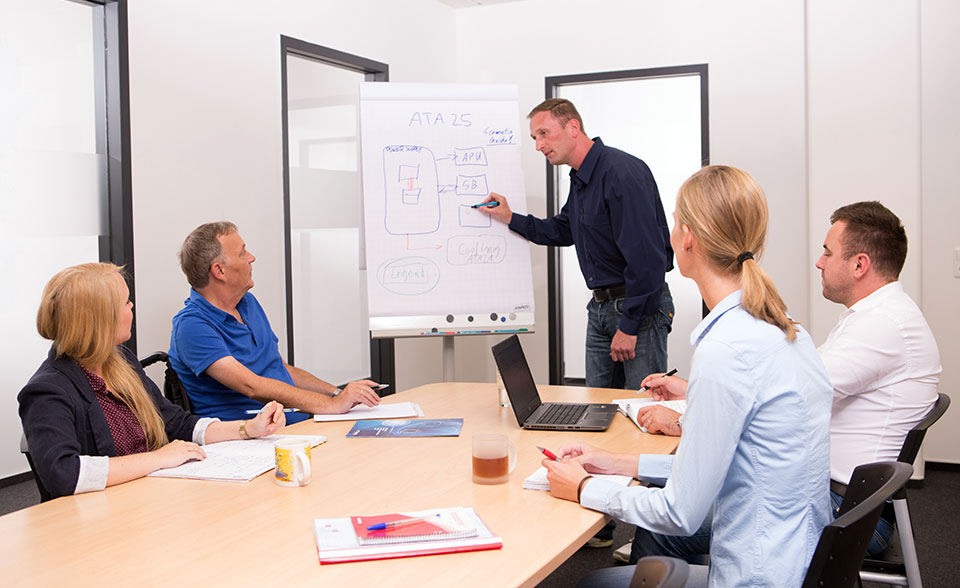
“I’d like everybody within our organisation to possess his personal career plan in the hands soon after joining us”
was the content we caused by Jason, the best choice of the social sector organisation. Because he described, it wasn’t simple to attract individuals to join his group of around 600. The possible lack of attraction from the jobs in the organisation within the eye from the youth, especially fresh graduates, was the motive force for his request. Giving a obvious career track with attractive possibilities ended up being to help addressing this problem.
If you have no experience, highlight transferable skills such as customer service, language proficiency, and teamwork on your no experience flight attendant resume to demonstrate your potential value to the airline.
Career planning goes past presenting a pleasant picture that depicts the roadmap from junior towards senior positions. It calls for customization of the roadmap for everybody – matching current and future foreseeable career needs using the possibilities within and past the organisation. Additionally, it includes developing necessary competencies for present or future jobs, i.e. the purchase of understanding, skills and particular personal attributes.
Before having the ability to show an individual Career Development Plan as presented for Nadia Clark, part of another organisation, Nadia continues to be crafting her career plan along with her supervisor by finishing the next steps:
Step One: Review Personal Career Aspiration
Understanding personal career vision, passion, strengths and preferred atmosphere
Recognising personal career motivators or anchors
Identifying preferred role(s) to advance within short-term and lengthy-loan period
Step Two: Identify Capacity Gaps
Assessing against needed competencies from the preferred role(s)
Identifying competency gaps, i.e. strengths and areas for development
Evaluating role readiness
Step Three: Pre-plan an individual Career Development Plan
Understanding personal learning preference
Setting career development plan of action
Saying yes with supervisor on implementation
Designing a job Roadmap
A job roadmap ought to be designed with regards to the marketplace benchmark to ensure that employees see their development and growth past the organisation they work with. Benchmarks for example needed qualification, professional experience and many years of service should be reflected. Furthermore, job titles, particularly in the current competitive atmosphere, should be considered. Besides this, using the shift towards competency-based hr management practices, multiple career tracks ought to be adopted that permit employees with various strengths to develop horizontally instead of on one vertical profession.
Converting Career Roadmap into Personal Career Development Plan
Step One: Reviewing Personal Career Aspirations
To be able to translate the job roadmap for Nadia, she must first explore her career aspirations. Throughout the career exploration stage, questions regarding her personal gifts, her talents and her passion could be helpful to steer her career visioning. Furthermore, it could benefit her to analyse personal career motivators (Career Anchors by Edgar Henry Schein) and personality profiles for example DiSC because certain personality characteristics match some roles much better than others. By using this useful information Nadia has specified her short-term career aspiration – usually for any time-frame of two to three years – as Manager at Hr. Furthermore, Nadia has mentioned her lengthy-term career aspiration as Senior Manager at Hr that sherrrd like to achieve after four years.
Step Two: Identifying Capacity Gaps
Nadia has assessed her competency level against her present position and it has realized that they has some development needs. Furthermore, she experienced the competency assessment on her short-term career aspiration and detected, unsurprisingly, that they needs to develop some vital HR competencies.
Step Three: Creating a job Development Plan
In the finish of every career planning, self improvement actions for example workshops, e-learnings, learning through audio/video sources, learning by doing, coaching, mentoring, project work, attachments or committee assignments etc. need to be considered.








